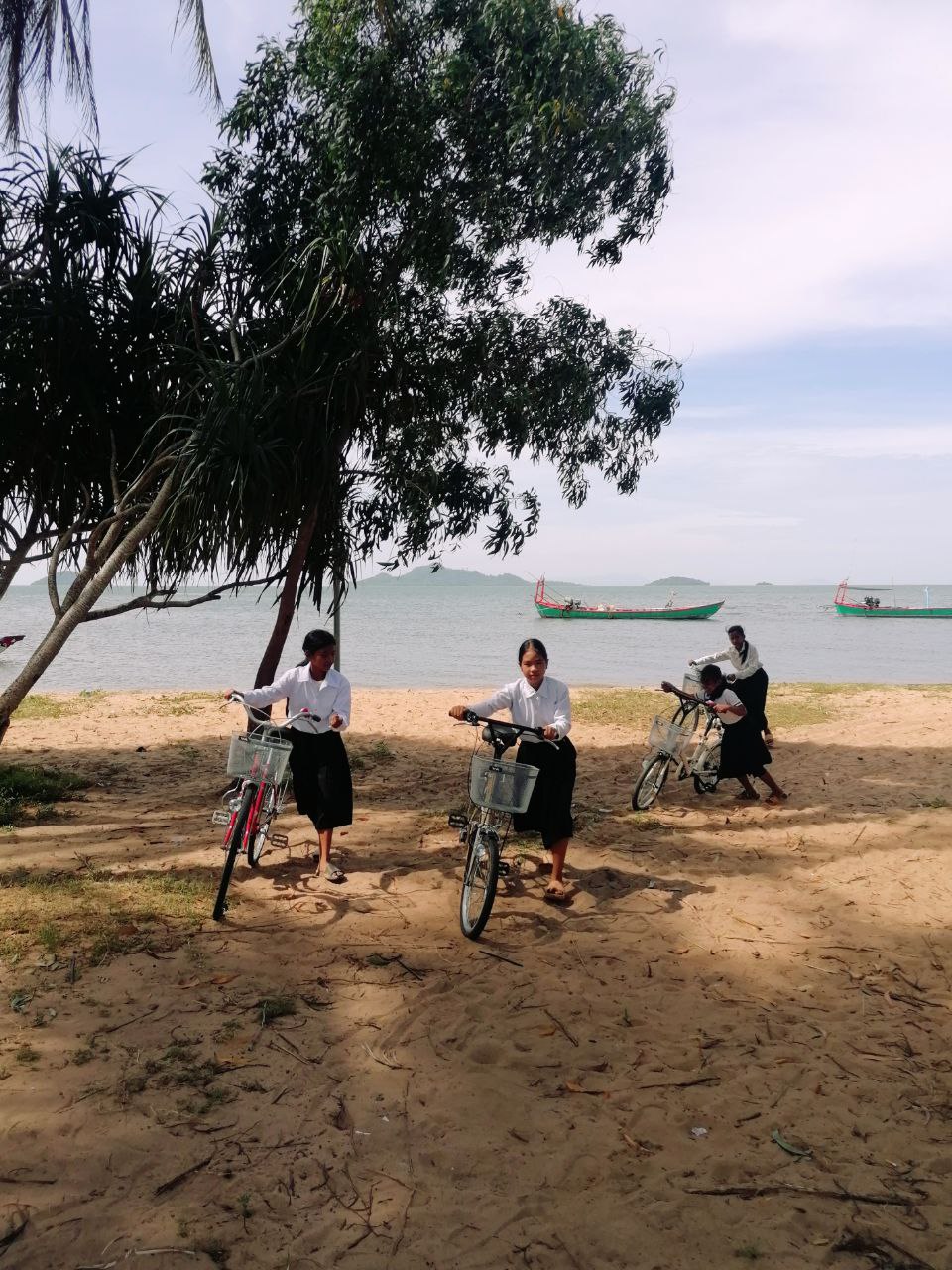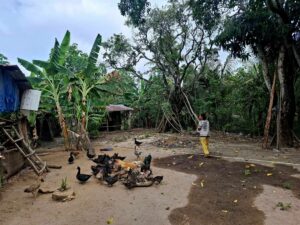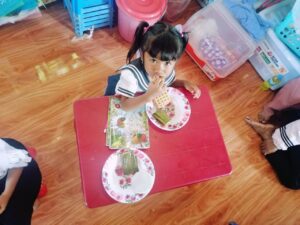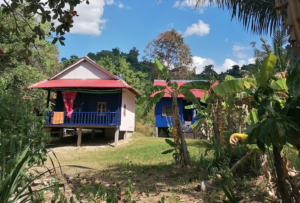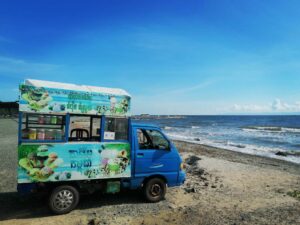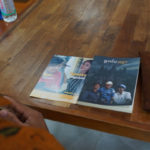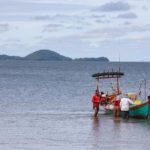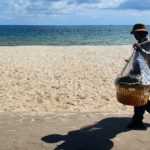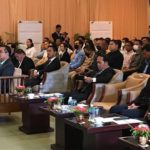A lot is at stake in the midst of the climate emergency. Children and people from rural areas in Cambodia may teach us some valuable lessons in the face of environmental degradation and water scarcity. In this op-ed, I argue that mutual learning between the Global North and the Global South is essential to healing the world from the devastation caused by environmental harm.
Postcolonialism supports the idea that local people from the Global South possess a vast amount of wisdom even if it has been denigrated or not always recognized in Eurocentric cultures. In this light, one can appreciate the value of local, indigenous or traditional knowledge in promoting a sustainable development. In this blog post, my attempt is to overcome preconceived notions that only adults can educate youngsters or that only Europeans can teach Cambodians how to live. I argue people and children’s experiences from the Global South are essential to the discussion about climate change. They should be presented as the solution bearers they are.
Typically, children learn from their parents, teachers, and educators but adults should not miss the chance to learn from them. For example, when our NGO Action Education/Aide et Action (AEA) and its partners are donating bicycles in schools, we may only see our intervention as helping poor Cambodian children for their education. We, nevertheless, should also contemplate what richer adults in urban settings or in Europe may learn from them. As children grow up, they often mimic their parents but, ironically, the willingness of adults to perceive themselves as learners opens up more possibilities for greater adaptation to climate change.
No doubt, Cambodian students who pedal to school every day are excellent role models. If a father or teacher not only gives his daughter or student a bicycle, but also cycles himself, he may significantly reduce his CO2 emissions and climate impact. According to the UN, living car-free can reduce a person’s carbon footprint by up to 2 tons of CO2 per year compared to a lifestyle using a car. In addition, transportation accounts for approximately one quarter of all greenhouse gas emissions in the world. Cycling, which is the most climate-friendly type of transport, is a very powerful instrument to address climate issues.
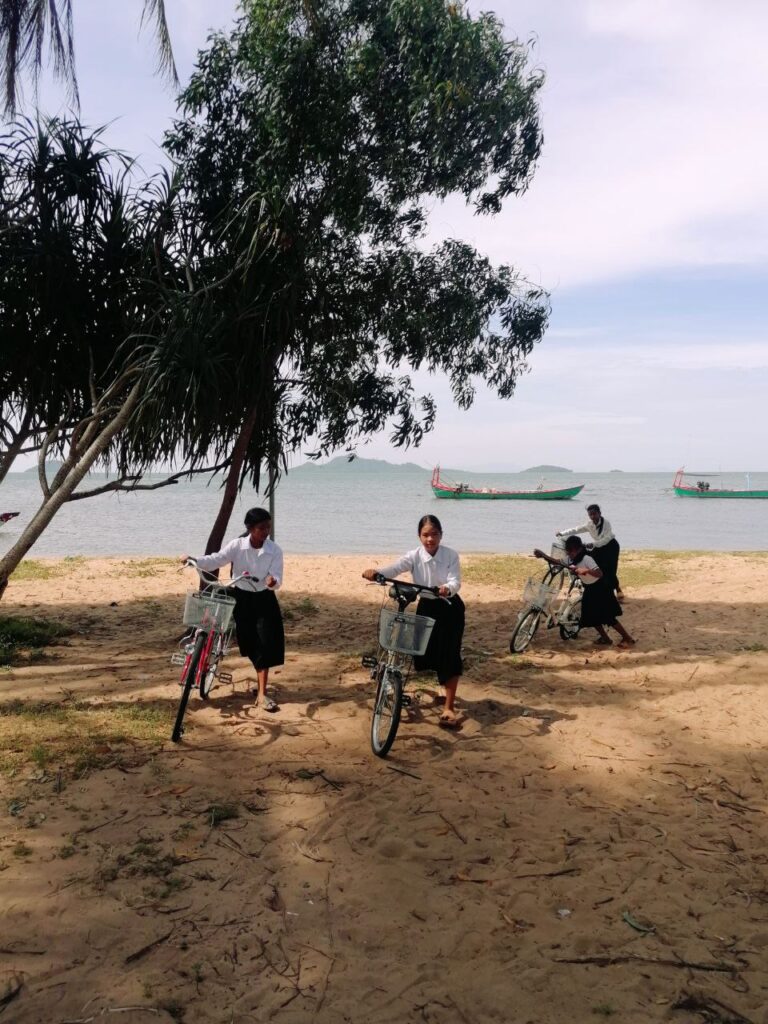
Respecting knowledge and traditional lifestyles from Cambodia’s rural areas is crucial to transitioning to a low-carbon future. When it comes to the rights of nature, the Global North has too little to teach the world. Let us recall that European colonialists uprooted indigenous peoples, introduced new techniques of managing land and natural resources, and accelerated industrialization. Today, the dominance of one way of thinking – the assumption that ‘developed’ countries are better than ‘developing’ countries – is a colonial legacy that continues to maintain social inequality and to cause environmental harm.
From our perspective, a shared learning process – which involves unlearning followed by learning – is crucial to address common concerns and global issues. Learning from one another entails unlearning taken-for-granted assumptions and learning from those who have been suppressed, rendered invisible, or unimportant by colonialism and, today, by neo-colonialism. Mutual learning is more than just offering communities in the Global South a boost in self-esteem and control over their natural resources. It is also up to the Global North to reverse the dangerous tendency of overconsumption by learning from others in an interconnected world.
As we seek to tap into local wisdom, we approach local customs in Cambodia, such as the Khmer shower, as excellent practices to be valued. Bathing practices vary across the world, and in rural Cambodia, it is typical to collect rainwater in a traditional jar of clay. Many people shower outdoors several times a day due to the heat. They use a bucket to pour water on themselves while wearing a Krama, which is a traditional Cambodian cloth. This is a water-saving approach as opposed to the typical hot shower, which wastes a lot of water and energy. According to the UN, one shower of about 10 minutes a day consumes the equivalent of over 100,000 glasses of drinking water every year.
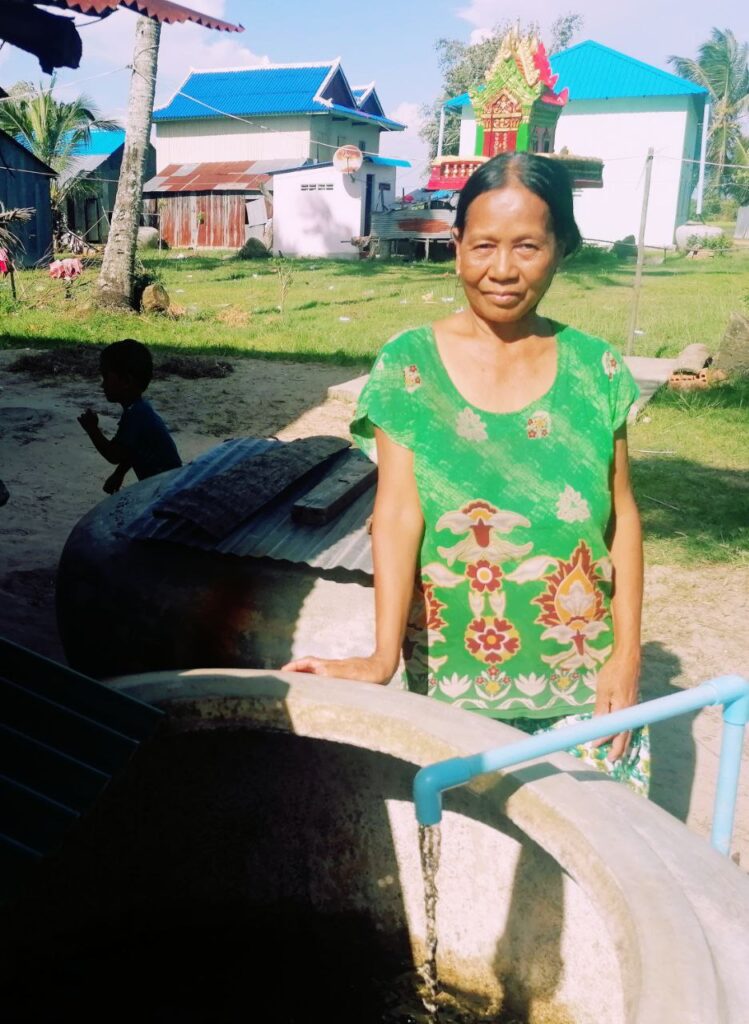
In this case, the exercise is to unlearn our daily habit of taking long, hot showers, which is common in cities and in ‘developed’ countries. Then it’s time to learn about showering techniques in Southeast Asia that are more appropriate in an era of global water scarcity. Nonetheless, we want to emphasize that this unlearning/learning process does not diminish the value of EU-funded projects and NGO activities, which are essential to the development and maintenance of functional water systems in Cambodia. Educational and public awareness campaigns or building infrastructure, for example, are vital to ensure that everyone has access to clean and safe water, which is a fundamental human right.
Nevertheless, the Global North should learn how to benefit from world experiences, while the Global South should make a greater contribution to the global agenda. This is because colonial powers will no longer rule the world in the future, as they have in the past. We, thus, should reflect and transform our present and reorient our focus in order to adapt to climate change. It is true that many ‘developing’ nations have been influenced by ‘developed’ countries to ensure their green transition, but on the ground, ideas are mixed, reconfigured, and blended with local visions. These solutions might serve as a wonderful source of inspiration across the world.
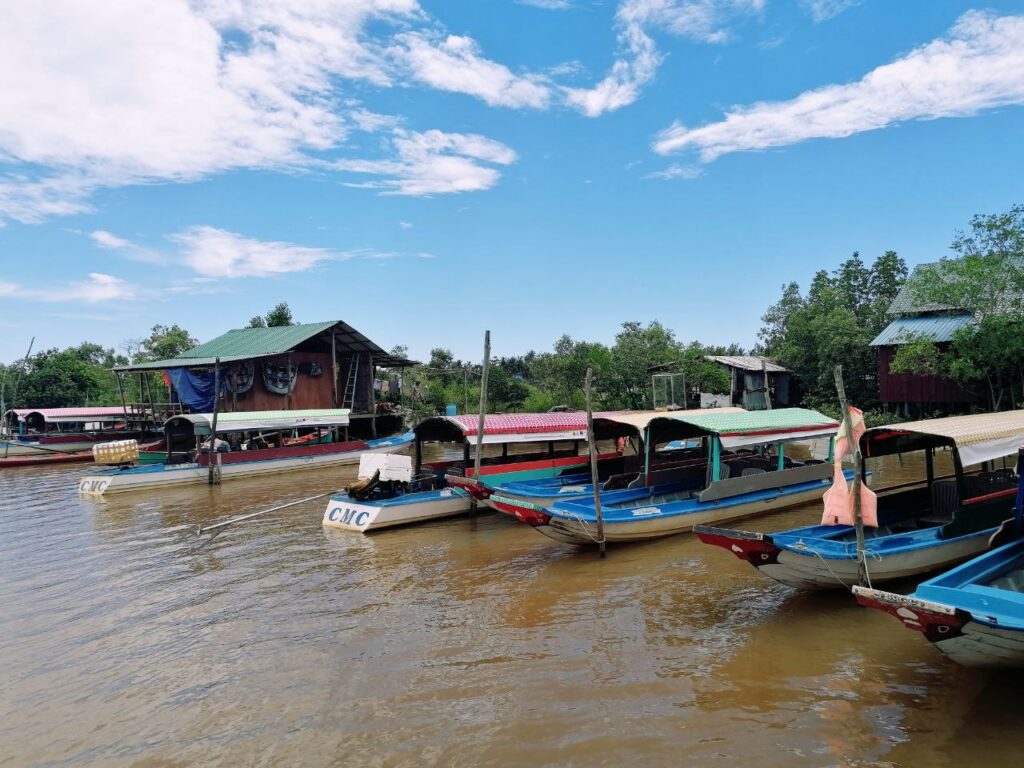
As another example, eco-tourism may encourage interactions and intercommunications, which can strengthen multicultural understanding on an equal basis. I believe that people-to-people exchanges can provide some conditions for reciprocal learning. To value local knowledge is one of many reasons why our education NGO AEA promotes eco-tourism in the coastal areas of Cambodia. A range of activities, such as boat trips with fishermen or guided visits to mangrove forests, may increase foreign tourists’ willingness to respect and to learn from local populations, and to gain an awareness of ancestral practices from this part of the world.
For education to empower all people, we need to communicate science and solutions. It is time to acknowledge what the international community can learn from Cambodia and its people, particularly those who live close to nature. Today, the so-called “best practices” of Northern “experts” continue to dominate debates, for example, in terms of “development.” It is a colonial legacy that maintains barriers between the Global North and the Global South, but I believe Cambodia’s hope for the future is not to emulate what has been done in the Global North. It is, instead, about re-thinking traditional lifestyles, innovating, and sharing expertise with the world.
Disclaimer: The opinions expressed in this blog post are those of the author. They do not purport to reflect the opinions or views of AEA or its partners.



